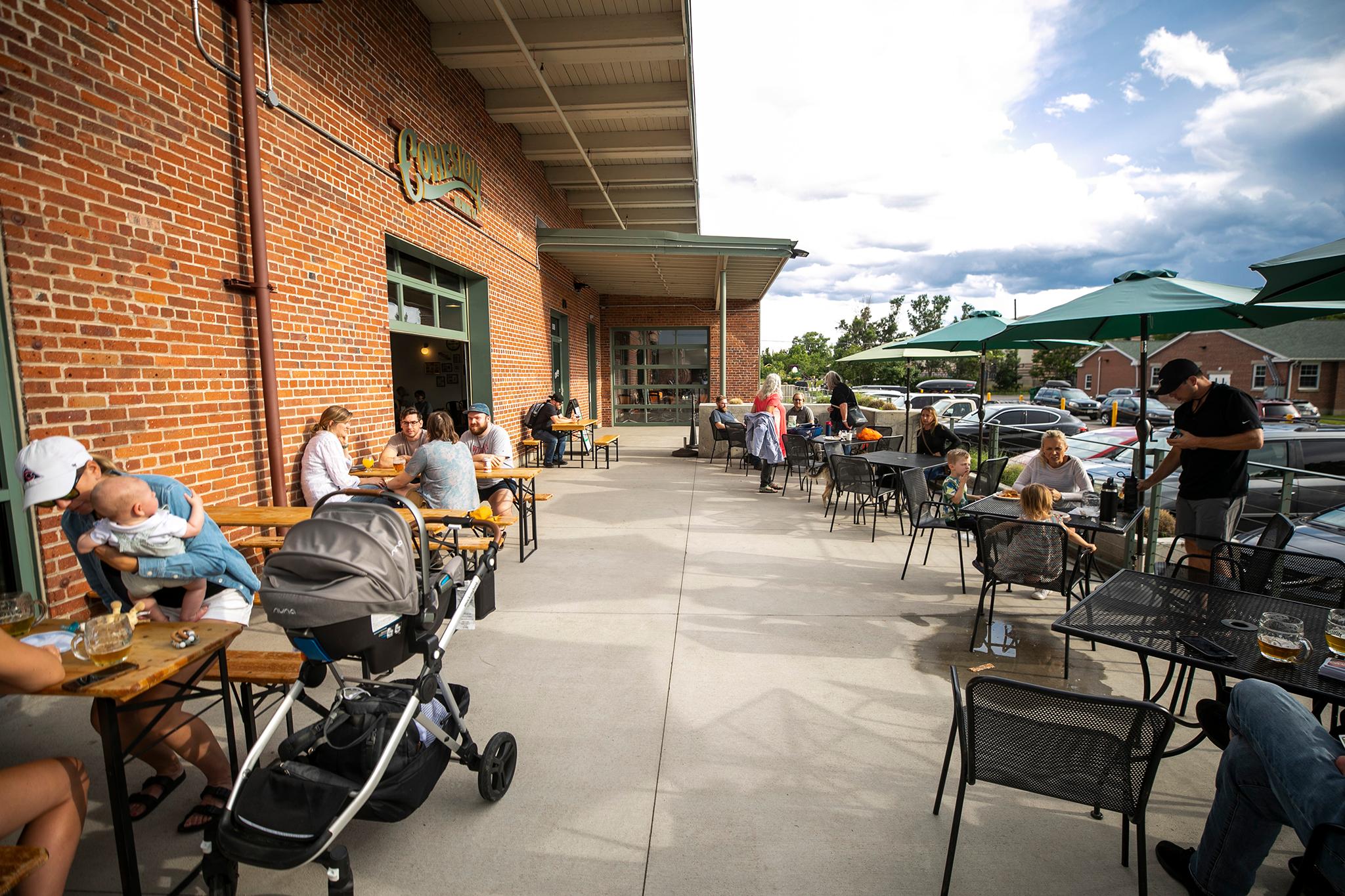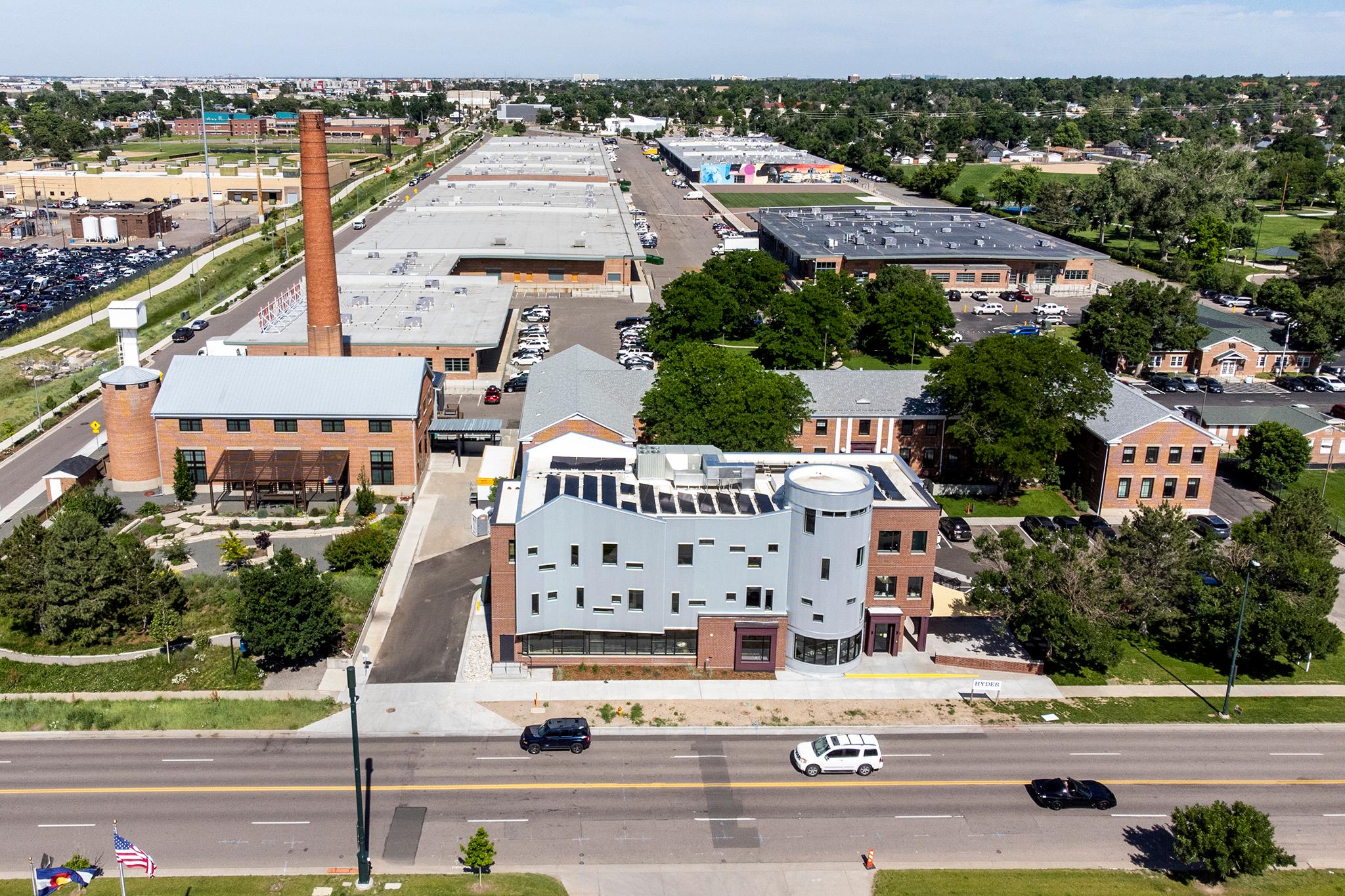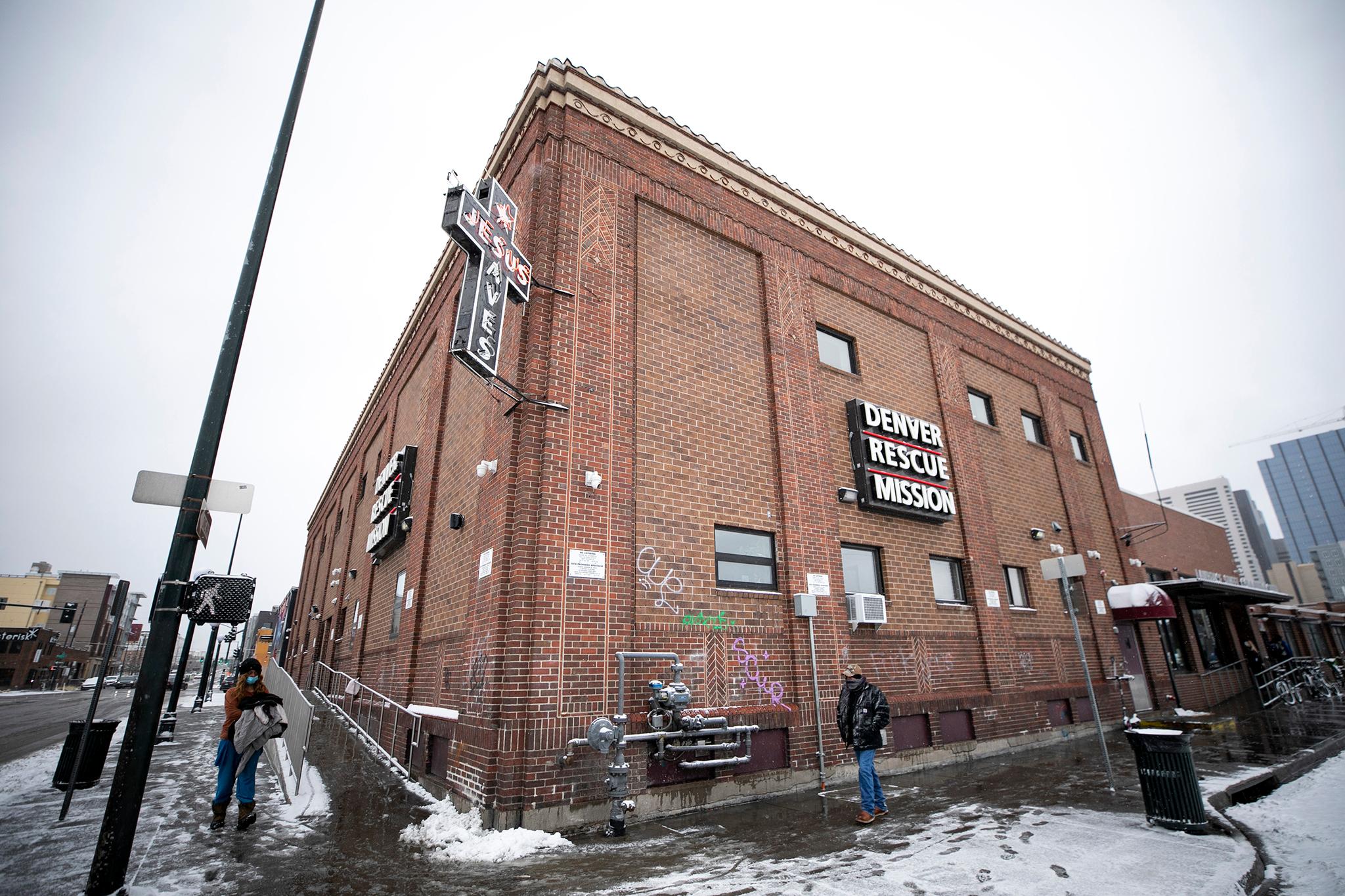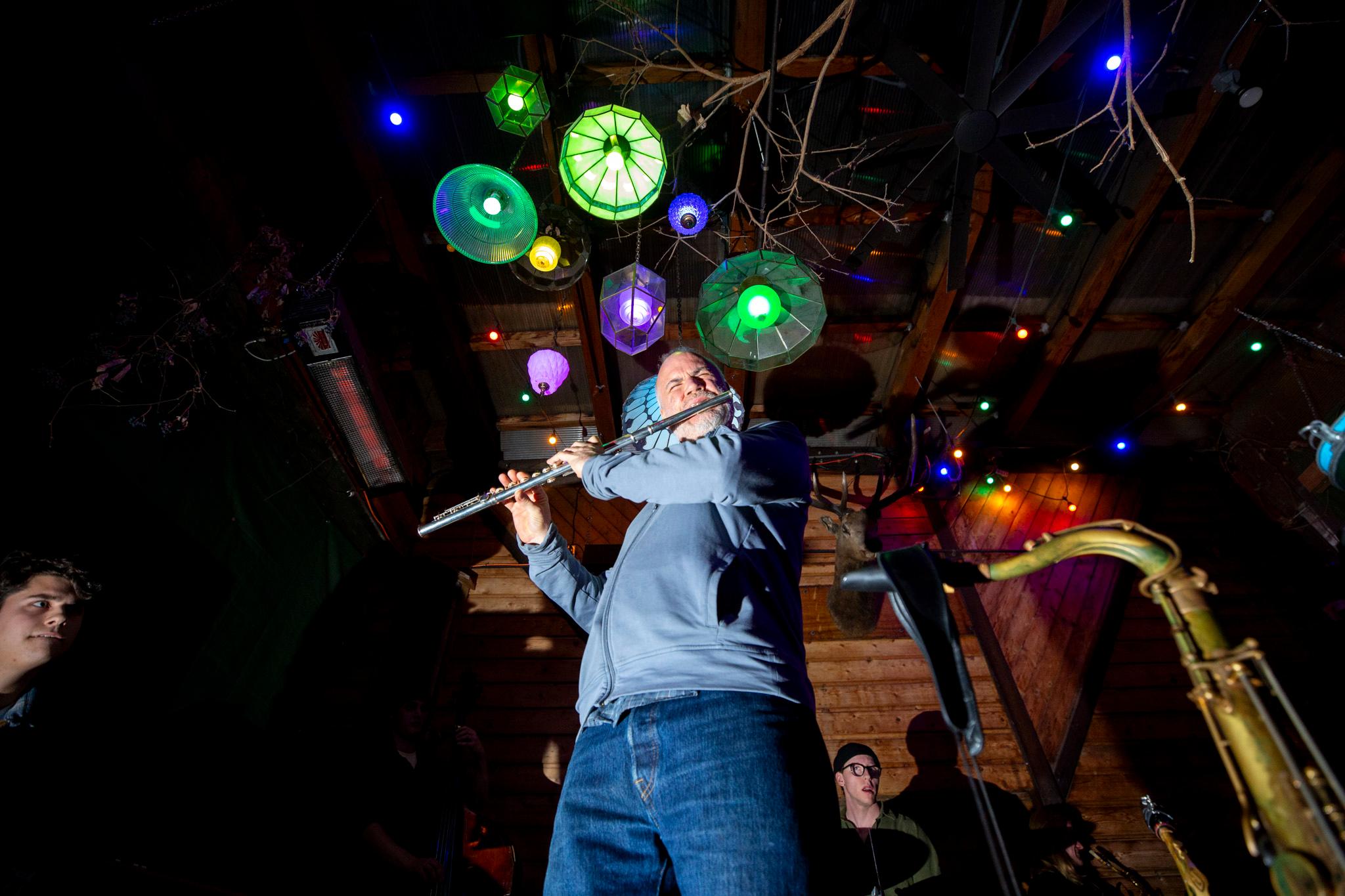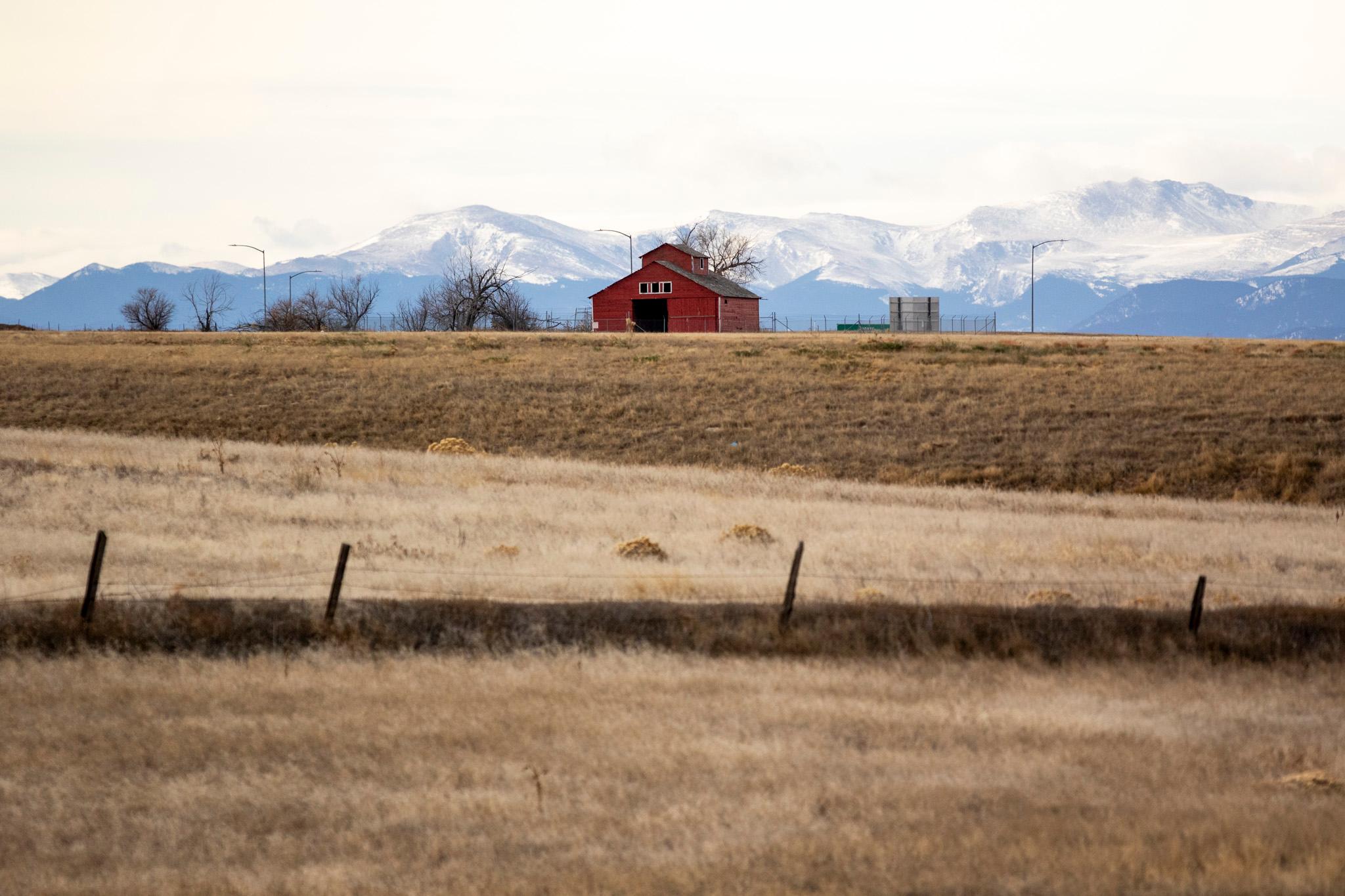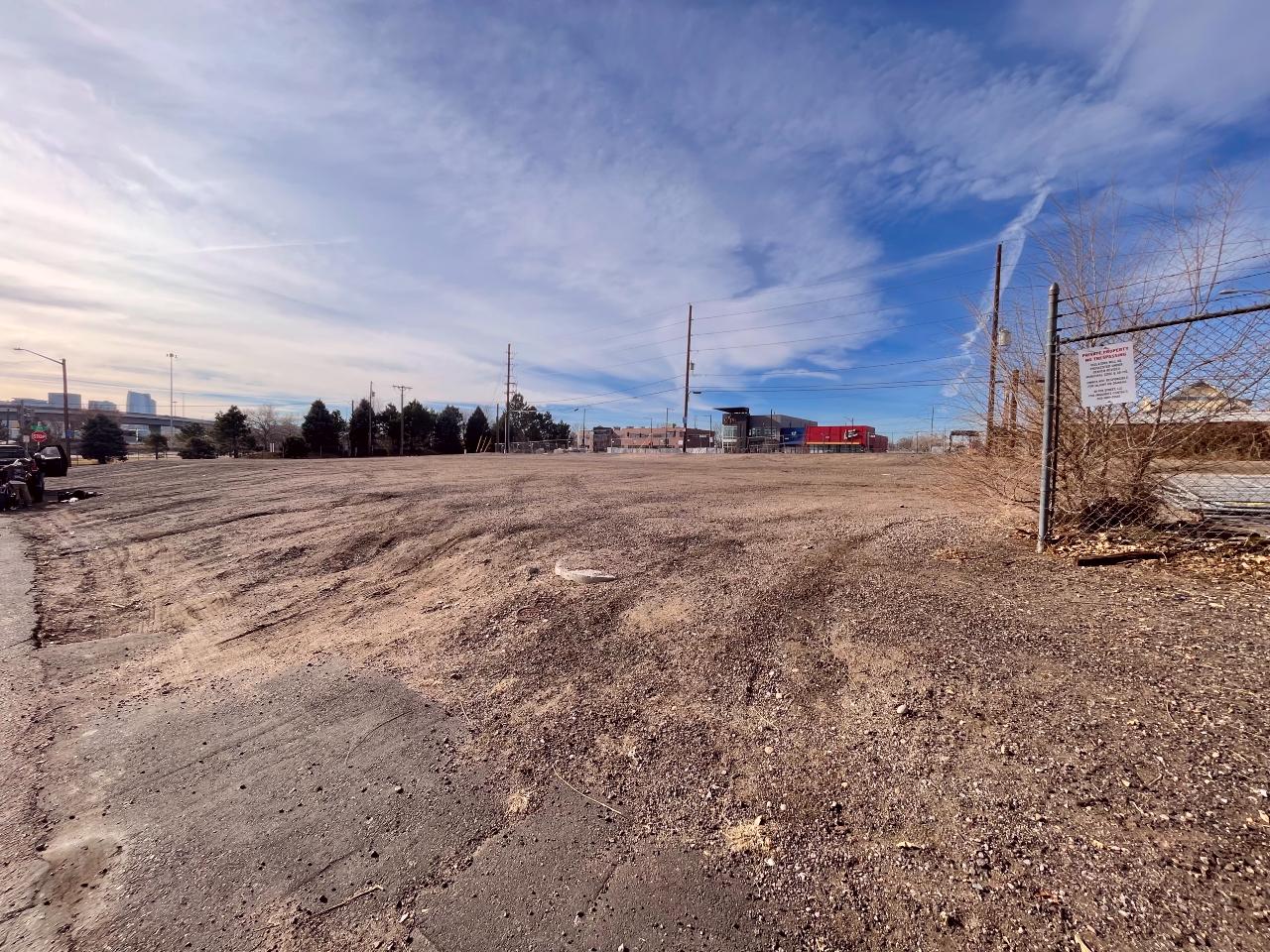For decades, the minds behind the Lighthouse Writers Workshop dreamt of running their annual Lit Fest conference in a space that was completely their own. Last week, that vision was finally realized. Word nerds flooded Denver's Clayton neighborhood and their brand new building, complete with an iconic spire stretching above York Street, which opened just in time for the event.
"I was overwhelmed," Lighthouse co-founder and program director Andrea Dupree said, recalling her first steps into the completed structure. "Walking in here when it was all set up, it was stunning."
These new digs are an important milestone for the nonprofit, but it's also an important moment for this corner of the neighborhood. There's a new center of gravity forming in Clayton, as its north end quickly transforms from an overlooked industrial strip into a possible social hub. Stakeholders are trying to guide that change, to make it a place where people want to be without selling out their existing neighbors.
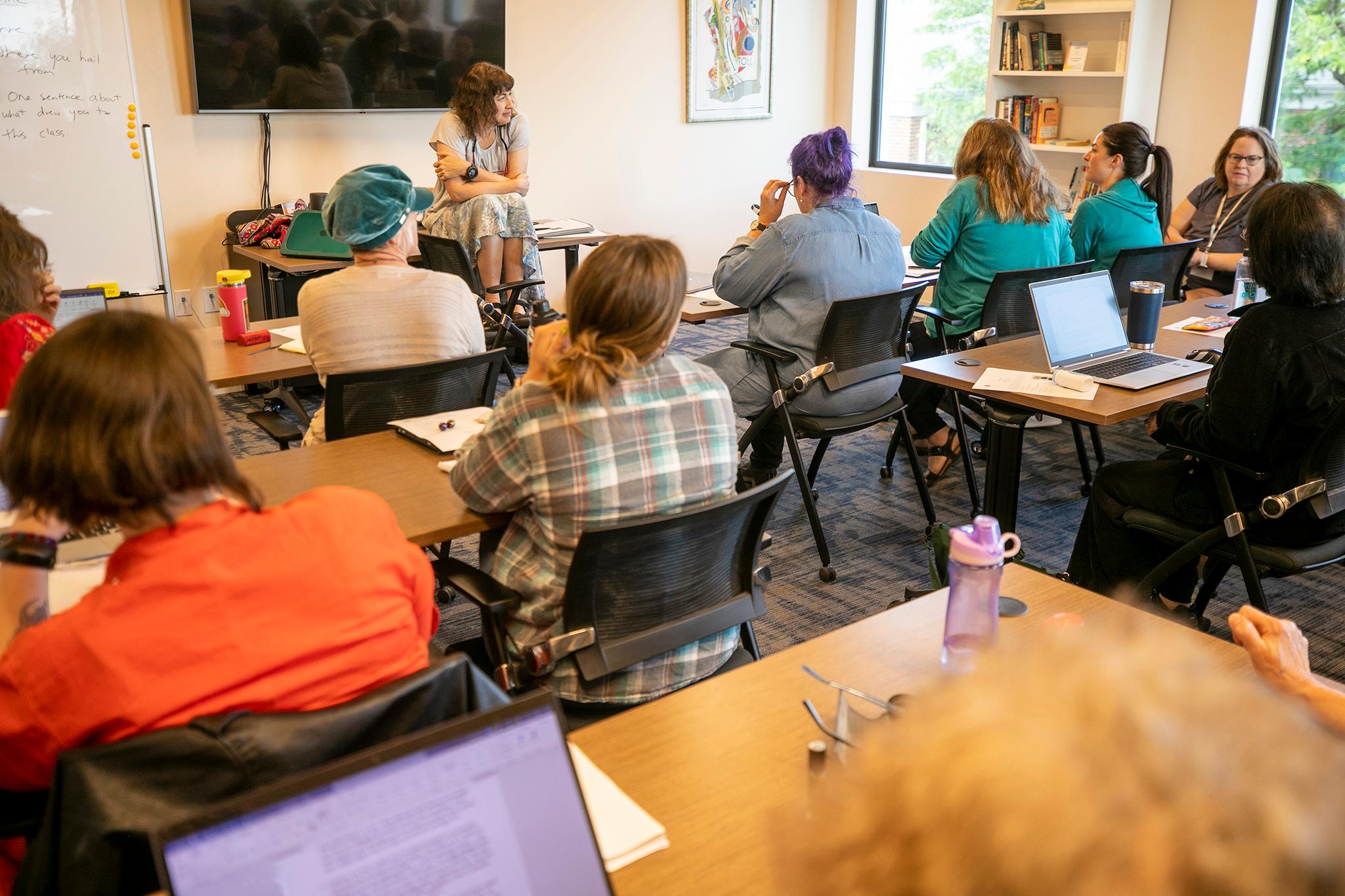
Lighthouse's arrival, they hope, might help set the tone for how the area grows into its potential.
A few years ago, Fred Glick moved into a giant old warehouse near 39th Avenue and York Street, which he renovated into his family's "forever home." The developer is involved in projects all over town, like work on the old Evans School building near the Denver Art Museum. (Full disclosure: Donna Bryson, his wife, was a prolific Denverite reporter for a while.)
His company also owned the frontage area on York where Lighthouse moved in. Before he parceled off the lot and sold it to the nonprofit, he'd met with Lighthouse executive director Mike Henry, who wondered if the Evans School might have space for them.
"The first thing I had to say to him is, 'You know what, Mike, unfortunately, given what we paid for Evans School, there's not a chance in hell you guys can afford it. But let's talk about what else we could do,'" he remembered. "It just became a great partnership to figure this out."
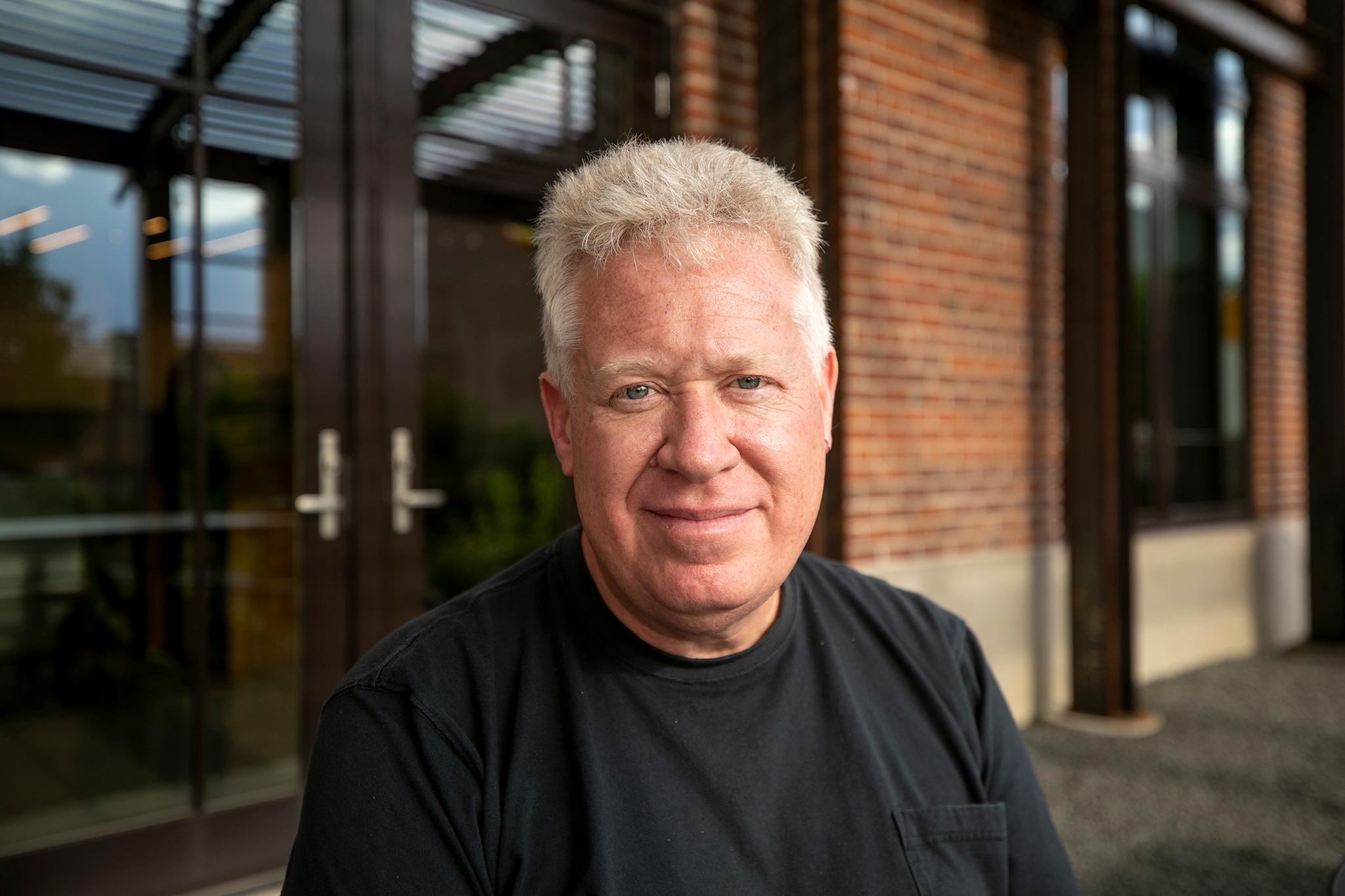
Glick said he sold Lighthouse their plot of land for close to cost. It was an overture to help a nonprofit land on its feet and a way to guide how the rest of the area would take shape.
"One of my fears has been that Clayton is going to rapidly gentrify, and sort of become - as I like to put it - another bro playground like RiNo. And that extension as RiNo starts to move eastward is concerning to me," he said. "I don't think any of us really know what to do about residential, gentrification-related displacement. I think it's a really hard problem. What I do know is that we can do our best to support a variety of things that won't become that."
Lighthouse wants to become a local fixture for school kids who need help with essays and adults who want to share their stories, so they were a perfect symbol for the kind of place Glick hopes to see form around him. His mission isn't lost on his new neighbor.
"I feel like we can be an anchor for these neighborhoods that are here," Lighthouse co-founder Dupree told us.
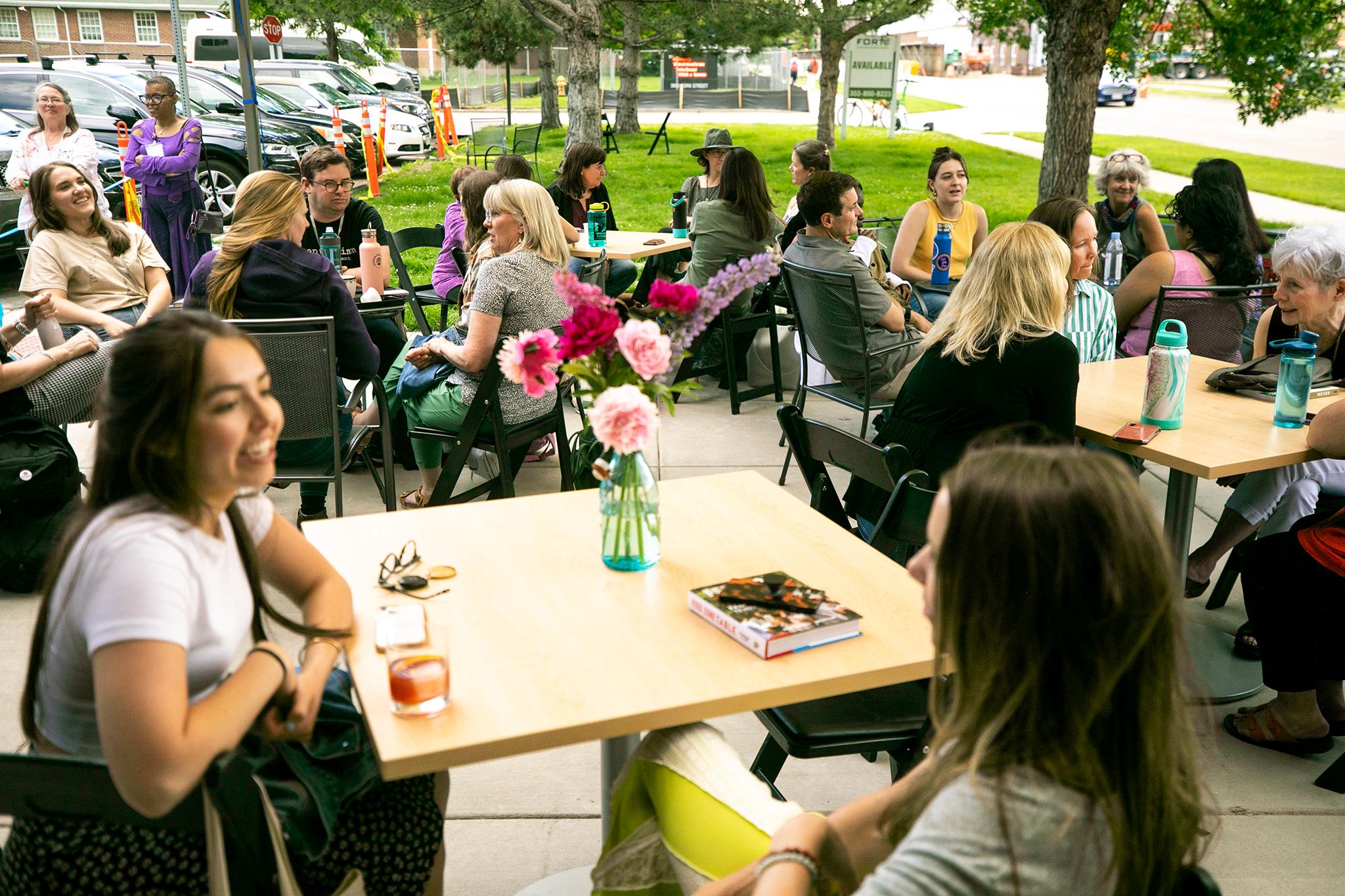
Signaling is important at this stage, as the future is undecided and Glick can't control everything around him.
As Glick tinkered with his strip of land, Oregon-based investment group SKB was reshaping an old army facility next door into York Street Yards. The site opened in the 1940s as a medical supply depot, and is now home to techy companies like Rivian, the electric truck maker, and Rad Power Bikes, which makes e-bikes.
Eric Larkin owns one of the few food-related businesses at the yards, Cohesion Brewing Co., which opened in 2020.
"This property has a ton of potential. And I think COVID obviously slowed down a little bit, so we've literally been joking with people about trying to like brand this as 'RiNo East,'" he told us. "There's quite a bit of effort that I think the landlord is undertaking, and trying to build York Street Yards as a brand, build it as a place."
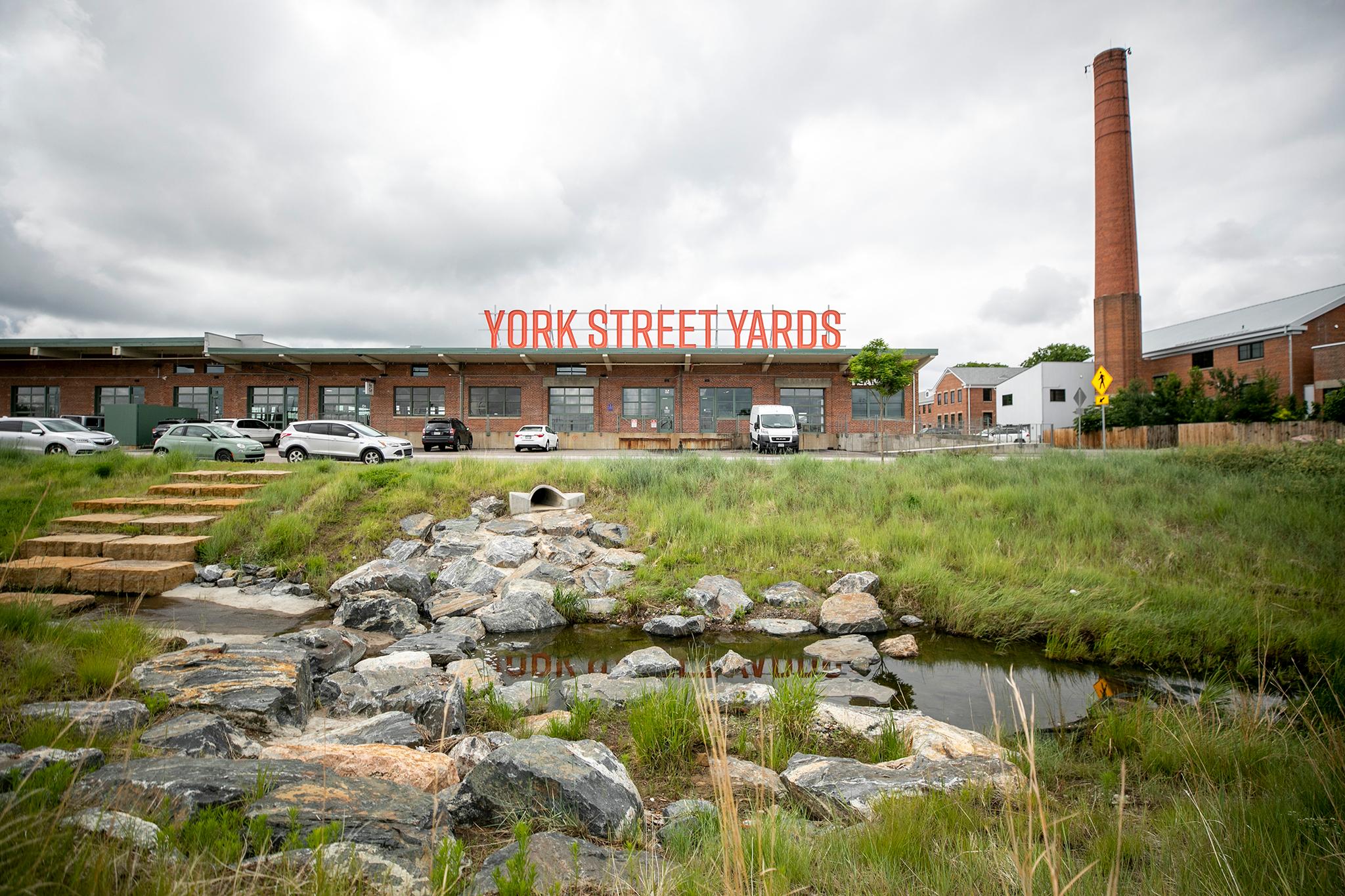
SKB asset manager Rebecca Arnold told us the company has been positioning York Street Yards for more retail and restaurant tenants, and she said she understands Glick's concerns about what the area could become.
"It is nice to kind of draw from RiNo but to also draw from the Clayton neighborhood, maybe more families as opposed to RiNo, which is more of a single-person home," she said. "It's a little bit like RiNo but maybe a little more chill."
One big thing helping them become that family-centric spot: In 2020, Denver completed work on the 39th Avenue Greenway, just north of the yards, which has created its own center of gravity in this part of town. Parcels around the York Street Yards are also filling with new housing, and the Coca-Cola bottling plant just across Clayton's border with Cole is poised to move to the airport, which will open up a lot more developable land. Glick is also angling to fill one last parcel with affordable apartments.
"It's going to be a great place to ultimately work and play, and there's a lot of multifamily coming to the area and we're excited to see that," Arnold told us.
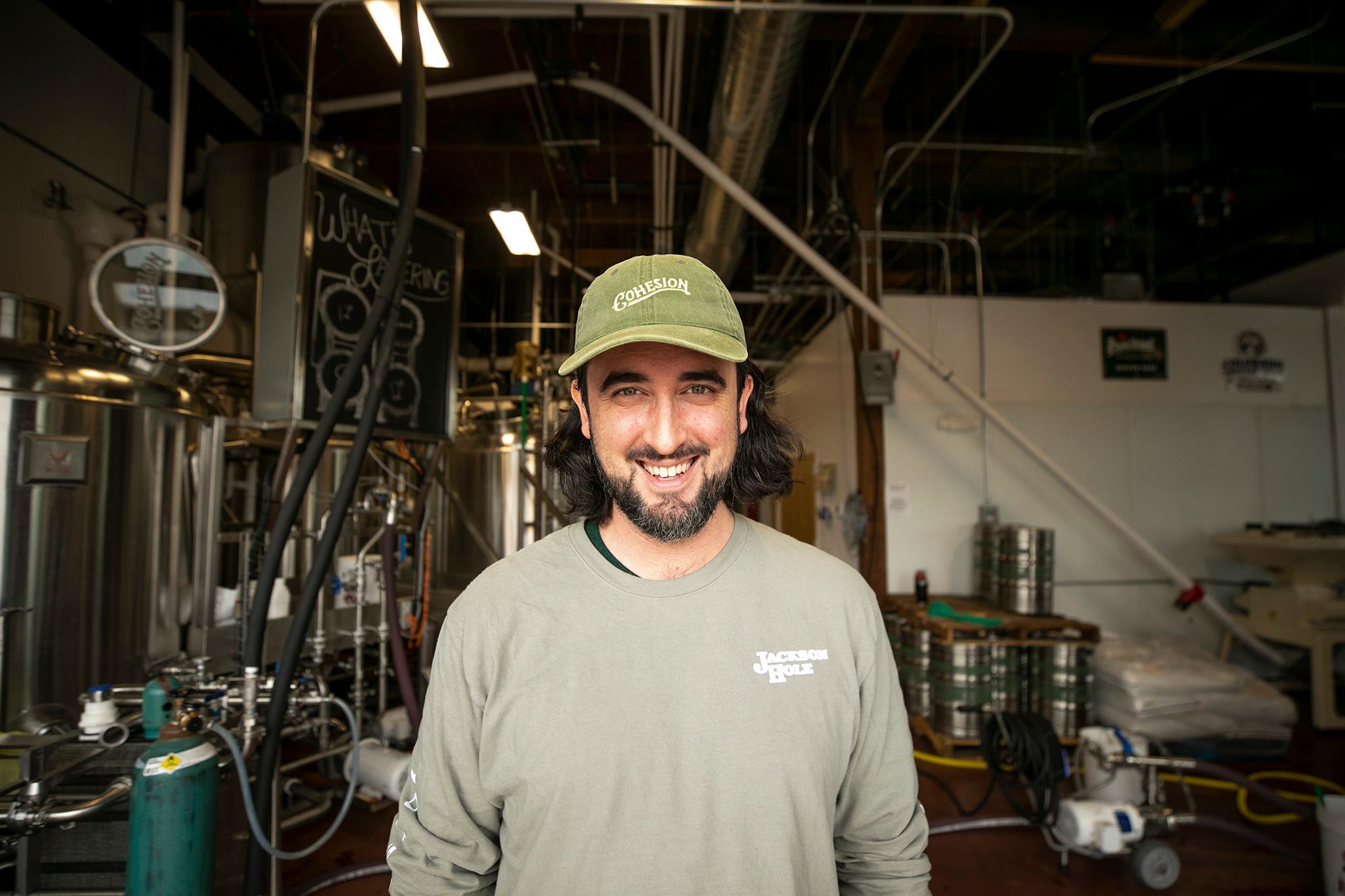
Though Larkin has convinced loyal customers to travel to Clayton, he's looking forward to a day when this commercial district between Steele and York Streets reaches a critical mass.
"This property has a ton of potential," he told us. "I think adaptation for restaurant, retail has been tough. You know, restaurant, retail really depends a lot on foot traffic. And right now, this development doesn't really have any foot traffic."
Someday, he hopes the area gels into something like Oneida Park, the family-friendly shopping area in South Park Hill. In the meantime, it can't hurt that Lighthouse has added some magnetism to the block. As Lit Fest attendees filled the usually empty parking spaces outside of Cohesion, some came by to sit on Larkin's patio for an after-book beer.
